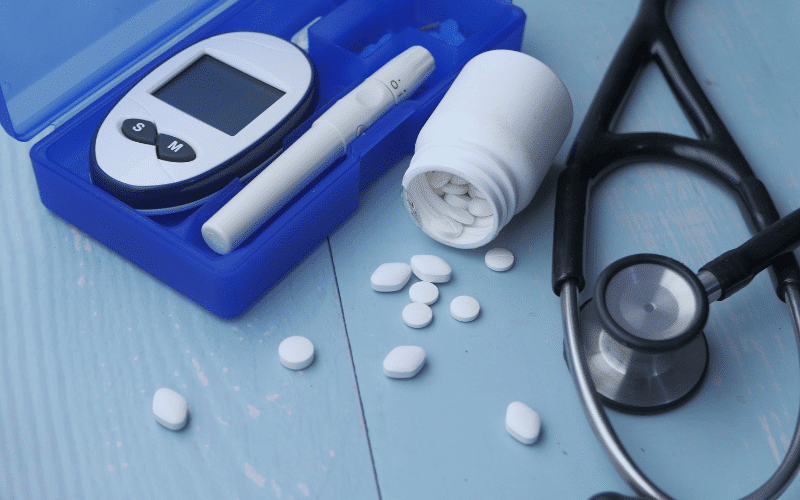13. Thiazolidinediones: A Diabetes Management Tool with Potential Heart Implications

Thiazolidinediones: Aiding Diabetes Management, A Potential Concern for Heart Health
Thiazolidinediones, often referred to as TZDs, are a class of oral medications primarily used in the management of type 2 diabetes. While these drugs play a crucial role in maintaining blood glucose levels, they may also carry a less frequently discussed side effect – a potential increase in the risk of AFIB.
Unraveling the TZD-AFIB Connection
TZDs work by making the body’s cells more responsive to insulin, a hormone that regulates blood sugar levels. However, these drugs can also cause fluid retention, a condition that can potentially increase the risk of AFIB, particularly in individuals with a history of heart failure or heart disease.
While the overall risk remains low, it becomes a more significant consideration for those with pre-existing heart conditions, or for individuals who use these medications in high doses or over extended periods.
Navigating TZD Use Amid Potential AFIB Risk
Understanding the potential link between TZDs and AFIB allows patients and healthcare providers to make more informed treatment decisions. It is crucial for individuals on TZDs to monitor their heart health regularly and report any changes in heart rhythm promptly.
Moreover, having a dialogue about potential risks with healthcare providers can lead to more comprehensive and personalized treatment plans, allowing for the balancing of diabetes management needs with potential heart health concerns.
As we progress further in our exploration of drugs that can potentially trigger AFIB, we turn our focus to the corticosteroids, a class of drugs with a wide range of uses, from inflammation control to immune system suppression, but may also carry potential heart risks. (13)